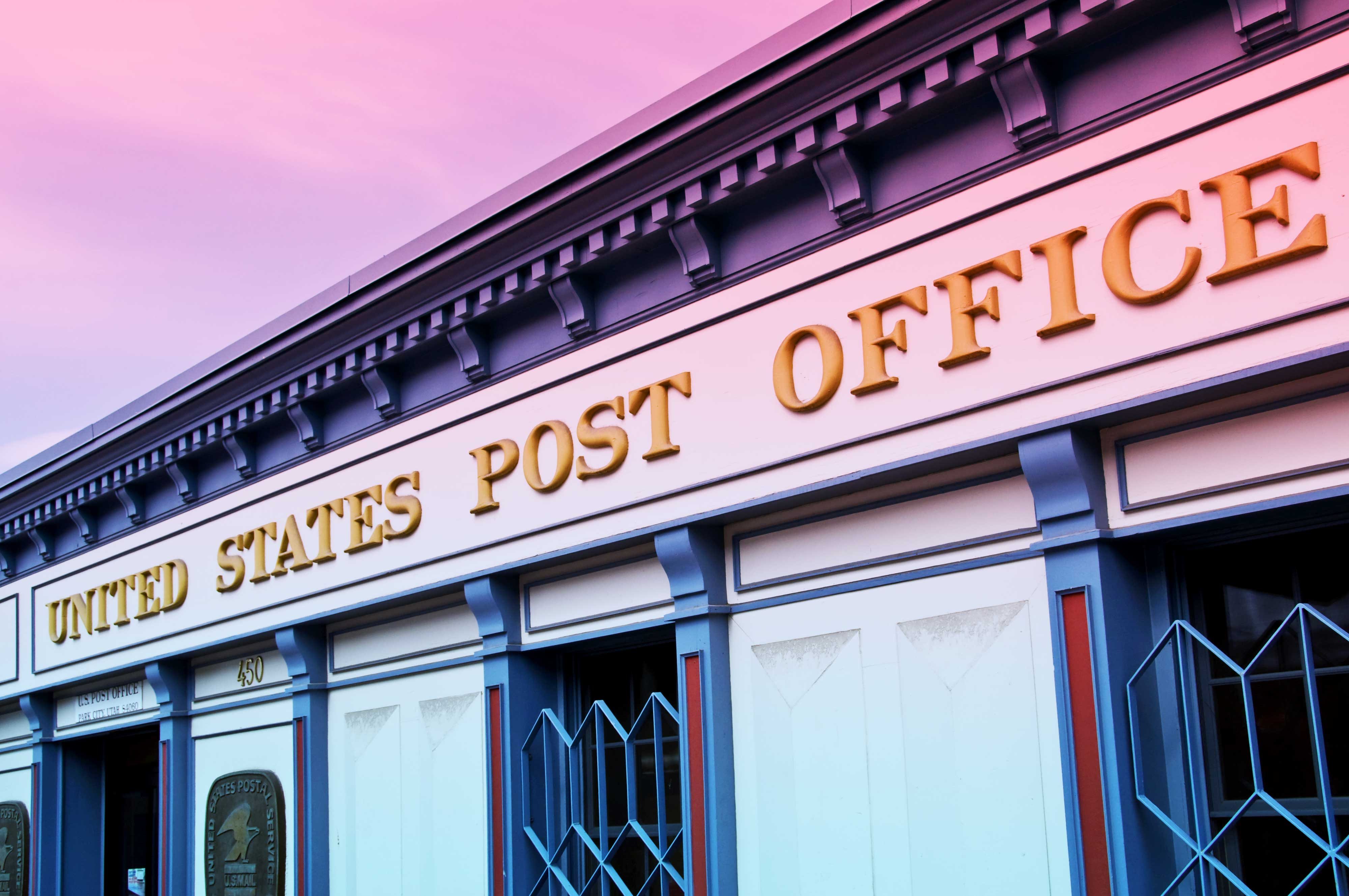16 Shocking Secrets of the U.S. Postal Service

The United States Postal Service (USPS) has played a pivotal role in American life since its inception, evolving from humble beginnings into the complex system we recognize today. Established on July 26, 1775, as the first organized postal system in colonial America, it has undergone significant transformations over more than two centuries.
The Origins of the U.S. Postal System
The very first post office was established in 1639 in Boston at Richard Fairbanks’ home, which also doubled as a tavern. This early setup marked the beginning of an institution that would become essential to communication across the expanding nation. By the time of the Post Office Act of 1792, newspapers were allowed to be mailed at extremely low rates, recognizing their importance in keeping citizens informed. As a result, newspapers became the primary content of the mail, contributing to a rise in literacy rates by the 19th century.
The Role of the Postmaster General
The position of Postmaster General was once considered crucial to the functioning of the young United States. John McLean, who served from 1823 to 1829, was so influential that he was even viewed as a potential presidential candidate. His subsequent appointment to the U.S. Supreme Court highlights the prestige associated with this role during its formative years. Moreover, the Postmaster General was included in the line of succession to the presidency until 1971, reflecting the significance of the postal service in national governance.
Evolution of Mail Delivery
For many years, mail delivery was a cumbersome process. Recipients had to pay for postage upon delivery, leading to frequent refusals and complications. The introduction of postage stamps in 1847 revolutionized this system, making prepayment mandatory by 1856. In 1863, free city delivery began in Cleveland, changing how people received mail and allowing for greater convenience.
Mail carriers, initially required to hand-deliver letters directly to recipients, faced challenges waiting for people to return home. This changed in 1923 when regulations mandated that homes have mailboxes or slots, streamlining the delivery process.
Unique Historical Anecdotes
Throughout its history, the USPS has been involved in some unusual events. For instance, the Hope Diamond, valued at $350 million today, was shipped via U.S. mail in 1958 by jeweler Harry Winston, who trusted the postal service enough to transport such a precious item. Additionally, the Pony Express, often mistakenly thought to be part of the USPS, was actually a private enterprise that operated briefly from 1860 to 1861, delivering mail across the West faster than the government service could at the time.
In the 19th century, the Dead Letter Office was unique in that it employed mostly women, who were perceived as more honest than their male counterparts. This office was responsible for handling mislabeled or unlabeled mail and was even a tourist attraction in Washington, D.C.
Cultural Impact and Innovations
The postal service also played a role in cultural trends, including the infamous "vinegar valentines" of the 19th and early 20th centuries—insulting cards sent anonymously. These humorous yet cruel messages reflected societal norms and attitudes of the time.
Moreover, the Farm-to-Table program from 1914 to 1920 showcased another innovative aspect of the postal service, allowing farmers to send fresh produce directly to urban consumers. This initiative not only benefited farmers but also provided city dwellers with affordable access to fresh goods.
The Current State of USPS
Today, the USPS faces numerous challenges, including operating losses and ongoing debates about privatization. Despite these issues, it remains a vital part of American infrastructure, employing hundreds of thousands of individuals across the country. The current Postmaster General is among the highest-paid government officials, reflecting the importance of the role in contemporary society.
While there is no official motto for the USPS, the phrase “Neither snow nor rain nor heat nor gloom of night stays these couriers from the swift completion of their appointed rounds” is often associated with the service. This quote, taken from ancient Greek historian Herodotus, emphasizes the dedication of postal workers throughout history.
As the USPS continues to adapt to modern demands, its rich history serves as a reminder of its foundational role in connecting Americans through communication and commerce.
Post a Comment for "16 Shocking Secrets of the U.S. Postal Service"
Post a Comment